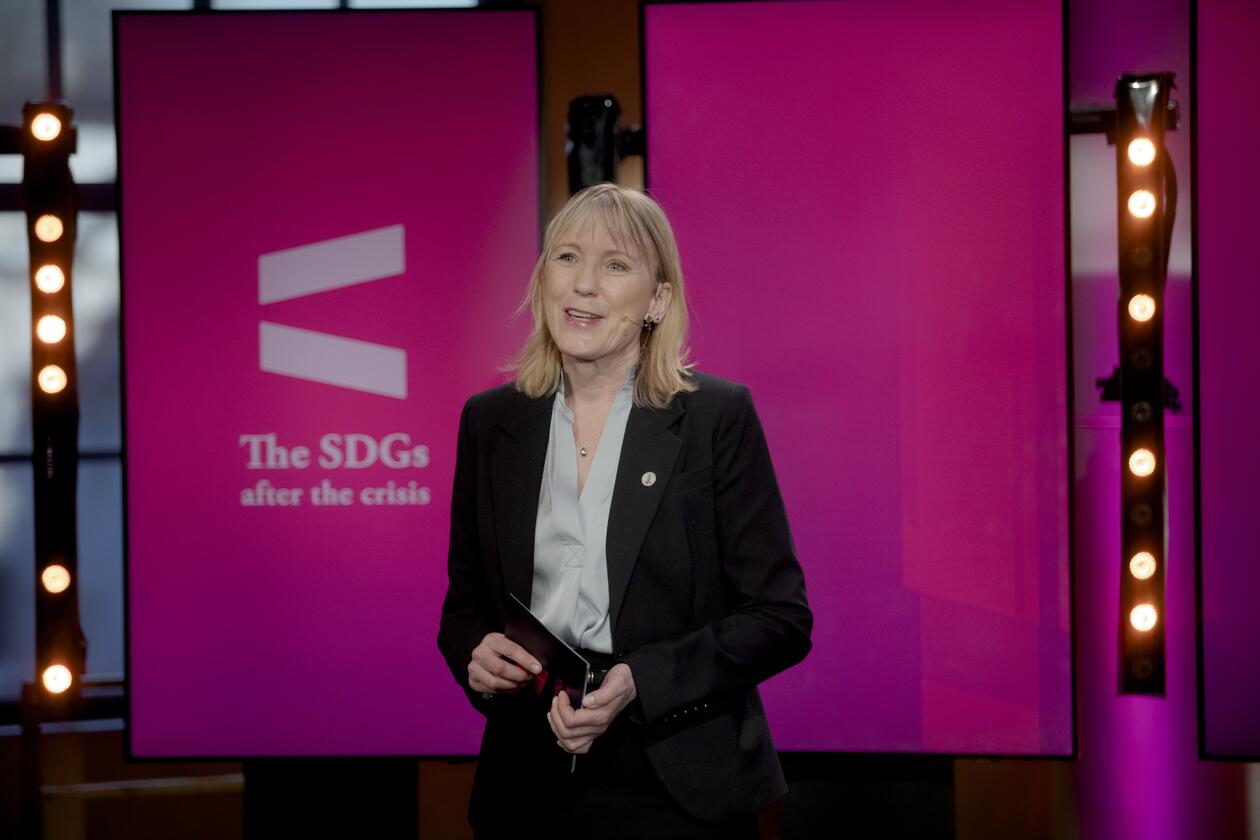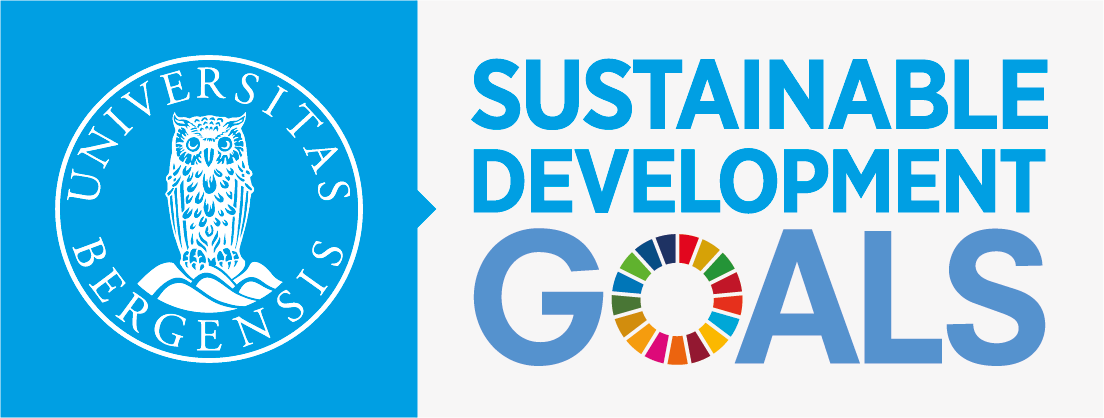UiB supports joint global SDG statement
Rector Margareth Hagen is one of 58 university leaders from around the world to sign a joint statement reaffirming the University of Bergen’s commitment to the 2030 Agenda and to work for global collaboration.
Main content
On the occasion of the Virtual Forum on the Role of Universities in the 2030 Agenda held March 24, 2021, no less than 58 university leaders from across different continents reaffirmed their commitment to the 2030 Agenda and its 17 Sustainable Development Goals (SDGs).
“This builds on our long lasting engagement with global development and sustainability,” says Rector Margareth Hagen about the global statement, “not the least our partnerships with partners in the global south at the UN Ocean Conference in June 2017 and our role on SDG14, Life below water, where we are Hub institution for United Nations Academic Impact and lead the International Association of Universities’ SDG14 Cluster.”
Transforming our world: the 2030 Agenda for Sustainable Development, was adopted by the United Nations Member States in 2015, providing a shared blueprint for peace and prosperity for people and the planet. Entering into the new decade, the sustainability of our planet remains severely challenged by numerous threats, ranging from natural disasters, climate change, and pandemics to inequality and unemployment.
The full list of institutions to sign the statement, here.
Five commitments of the statement:
- Imbedding sustainability across our activities, operations, monitoring and evaluation. Through unwavering examples, we will foster and promote sustainable development on and off campus.
- Enhancing competencies in SDGs by empowering our students, faculty and staff with the knowledge, skills, and motivation to understand and address the SDGs.
- Supporting a wider spectrum of research work needed to address global challenges, including blue-sky discovery and transdisciplinary research, and to better inform policy-making.
- Fostering innovative solutions for sustainable development by engaging multiple stakeholders, including government, civil society and the private sector.
- Leveraging technology and upholding open science where appropriate to facilitate sustainable partnerships and context-specific, problem-solving collaborations across borders.

